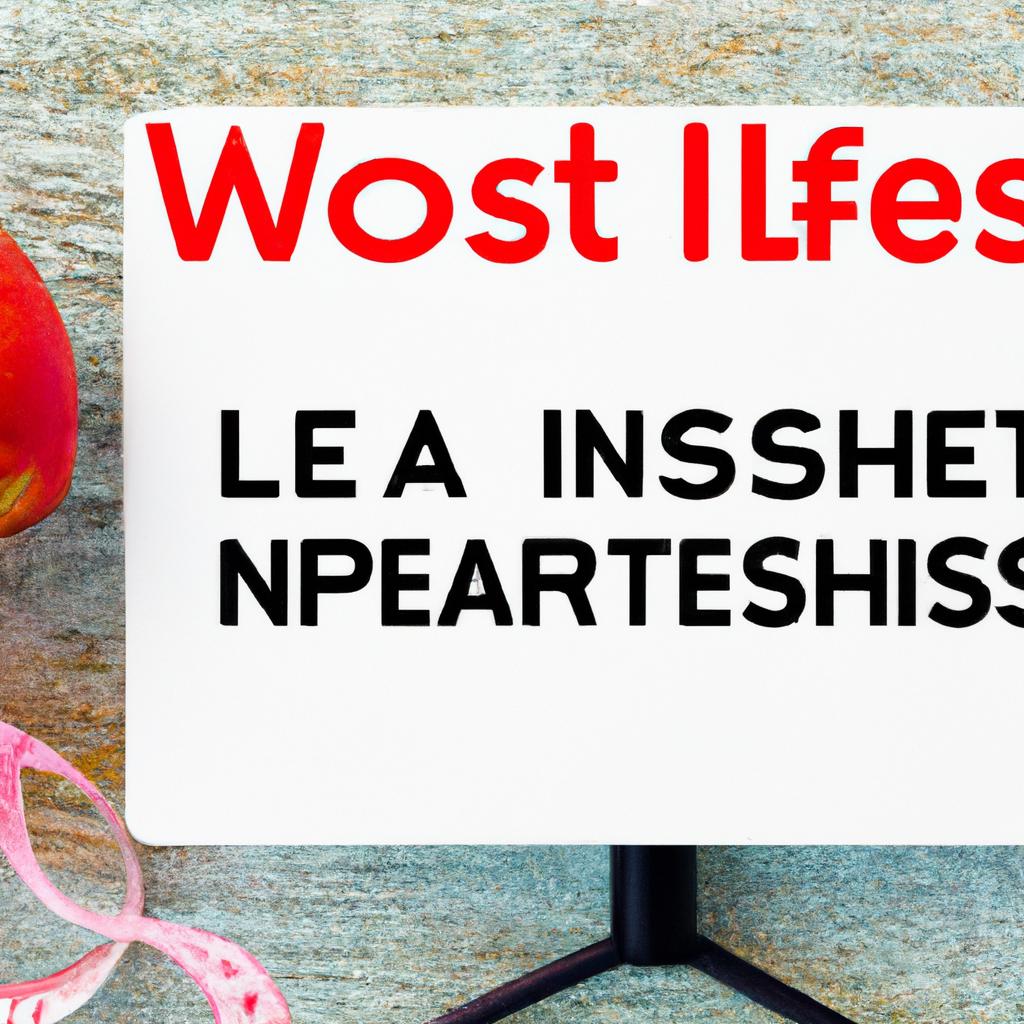In a world inundated with a kaleidoscope of diets promising miraculous weight loss results, it’s easy to feel overwhelmed and confused. From the latest trending fad to age-old beliefs, our understanding of nutrition and weight management is often clouded by misconceptions and half-truths. As we navigate the turbulent seas of wellness advice, the need to sift through fact and fiction becomes increasingly vital. In this article, we embark on a journey to debunk prevalent diet myths, illuminating the science that underpins effective weight loss strategies. By unraveling these misconceptions, we aim to empower readers with evidence-based insights that foster a clearer understanding of what truly works in the pursuit of health and wellness. Join us as we explore the truths behind the trends, providing you with the tools to make informed dietary choices that align with your individual goals.
Unraveling Common Weight Loss Misconceptions for Sustainable Success
When it comes to weight loss, **misconceptions** abound, often steering individuals away from effective and sustainable strategies. Many believe that drastic calorie reductions lead to quick fixes, not realizing that such approaches frequently trigger metabolic slowdown, muscle loss, and nutritional deficiencies. Others think they must eliminate all carbohydrates to succeed; however, the science supports that **balanced** diets incorporating complex carbs can enhance energy levels and satiety. Additionally, the notion that weight loss can be achieved solely through intense exercise dismisses the importance of a well-rounded dietary approach and lifestyle changes. Here are several common myths dissected:
- Myth: Carbs are the enemy. Truth: Not all carbs are created equal; focus on whole grains, fruits, and vegetables.
- Myth: Skipping meals helps lose weight. Truth: It can slow metabolism and lead to overeating later.
- Myth: All fats are bad. Truth: Healthy fats, like those from avocados and nuts, are essential for a balanced diet.
| Myth | Fact |
|---|---|
| Fad diets yield permanent weight loss | Most results are temporary and unsustainable. |
| Meal replacement shakes alone are sufficient | Whole foods provide vital nutrients for health. |
| Weight loss is purely a physical challenge | Mental health and mindset are key components. |

Evidence-Based Strategies to Optimize Your Diet and Embrace Healthier Habits
To effectively optimize your diet and incorporate healthier habits, it’s essential to rely on scientifically-backed strategies that transcend fleeting trends and fads. Begin by focusing on **whole foods** that provide essential nutrients without excessive calories. Incorporate a variety of foods into your meals; for example:
- **Fruits and vegetables**: Aim for a rainbow on your plate for a broad spectrum of vitamins and antioxidants.
- **Lean proteins**: Integrate sources such as chicken, fish, legumes, and tofu to support muscle maintenance and satiety.
- **Healthy fats**: Don’t shy away from sources like avocados, nuts, and olive oil, which are vital for brain health and hormone regulation.
Further, consider practicing **mindful eating**—pay attention to your hunger cues and savor each bite. This approach fosters a healthier relationship with food and can help prevent overeating. You might also find value in tracking your dietary intake to identify patterns and make informed adjustments over time.
| Strategy | Description |
|---|---|
| Portion Control | Using smaller plates can help reduce overall caloric intake without feeling deprived. |
| Regular Meals | Eating at consistent times can help regulate metabolism and energy levels. |
| Hydration | Drinking water before meals aids in digestion and can prevent mistaking thirst for hunger. |
Implementing these strategies can lead to sustainable improvements in health and well-being without the need for restrictive diets. Remember, the goal is not perfection but progress on your journey to healthier living.
To Conclude
As we conclude our exploration into the complex world of diet myths and the science of weight loss, it’s important to remember that our journey toward health and wellness is as individual as we are. The allure of quick fixes and trendy diets can be tempting, but grounding ourselves in evidence-based practices is essential for sustainable results. By approaching weight loss with a clear understanding of how our bodies work and what truly fuels them, we empower ourselves to make informed choices that lead to lasting change.
In navigating the maze of information out there, remember: knowledge is not just power; it’s the compass that can guide you through the often confusing landscape of nutrition. Embrace the complexity, seek clarity, and choose strategies that align with your unique lifestyle and needs. In doing so, you’ll not only debunk the myths but also craft a healthier, more balanced approach to weight management. Your path to wellness is yours to define, and with science as your ally, you are well-equipped to make choices that nurture both body and mind. Here’s to informed decisions, debunked myths, and a healthier future!



